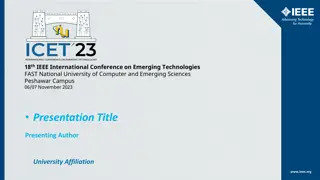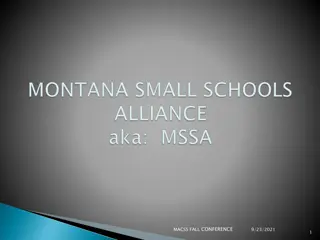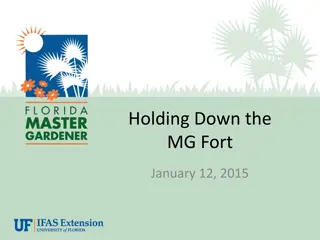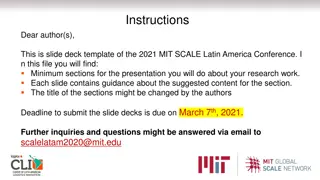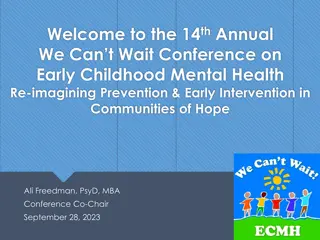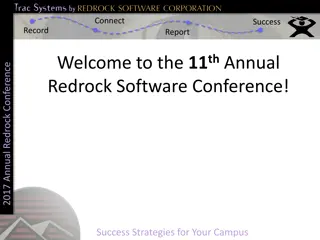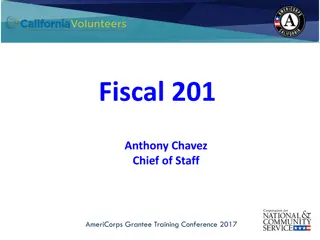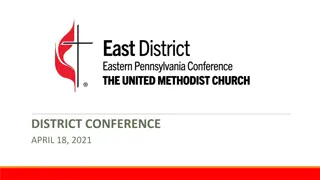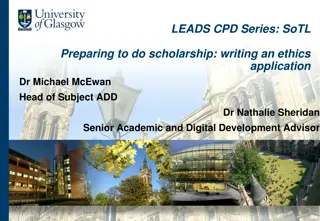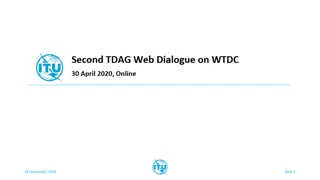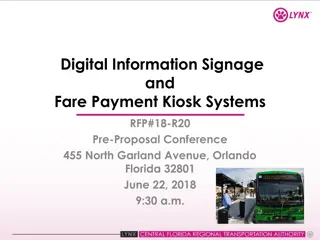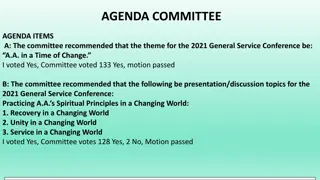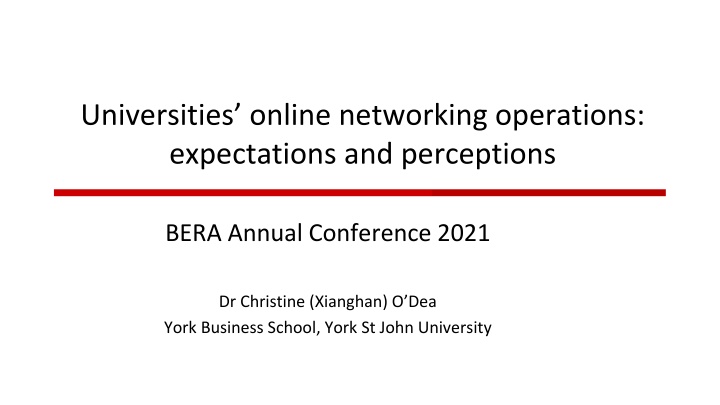
Exploring Online Networking Operations in Universities: BERA Annual Conference 2021
Discover the impact of online networking operations on students' social development during the pandemic from a qualitative study at a UK university. Learn about social connections, trust-building, and the shift from in-person to online interactions in higher education.
Download Presentation

Please find below an Image/Link to download the presentation.
The content on the website is provided AS IS for your information and personal use only. It may not be sold, licensed, or shared on other websites without obtaining consent from the author. If you encounter any issues during the download, it is possible that the publisher has removed the file from their server.
You are allowed to download the files provided on this website for personal or commercial use, subject to the condition that they are used lawfully. All files are the property of their respective owners.
The content on the website is provided AS IS for your information and personal use only. It may not be sold, licensed, or shared on other websites without obtaining consent from the author.
E N D
Presentation Transcript
Universities online networking operations: expectations and perceptions BERA Annual Conference 2021 Dr Christine (Xianghan) O Dea York Business School, York St John University
Introduction and rational A book chapter - Kaplan, A. (ed). Digital Transformation and Disruption of Higher Education. Cambridge University Press (O Dea, 2021). The pandemic and the associated lockdowns have made it very challenging for year one students to build and develop their social circles A large body of research has focused on the effectiveness of online learning and teaching, little attention has been devoted to students social development (friends making, social networking) during remote learning This qualitative study aims to close the gap and makes a contribution to the literature by developing an in-depth understanding of the effectiveness of one UK university s online networking operations during the pandemic from students perspective
Social connections Proximity and nonverbal cues are commonly associated with face-to-face interactions Allen Curve (1977, 2006) - individuals tend to socially interact more with those to whom they are in close proximity (5 feet vs 50 feet). An essential precondition - interpersonal trust It is more challenging to build trust through online communications only, due to a lack of personal contact and personal touch (Sheffi, 2020). Self-disclosure: the extent to which individuals wish to self-disclose (breadth and depth) has a direct impact on social intimacy and closeness
Students social communications pre-pandemic In person interaction Timetabled teaching sessions Social events and activities organized by the university (the Students Union) and their academic departments Welcome week social activities year one students Online interaction Mobile apps The popularity of mobile apps among young adults in the UK (age between 15-25) : Facebook (82%), WhatsAPP (79%) and Instagram (76%)- (Statista, 2020)
Methods Case study Semi-structured interviews online, Zoom 10 year one students from a regional UK university were recruited using a volunteer sampling strategy an invitation email was sent to students via school admin teams Each interview lasted between 40 to 60 min In order to build trust and eliminate the effect of any power relationship, I arranged a short pre-interview Zoom meeting (approx. 20 min) with all participants. Data analysis: first and second cycle coding
Results - the perceived views of students Research questions how effective are universities online social and networking events in supporting year one students social development during online learning? What are the main causes to the difficulties these students experience regarding their social development? A lack of sufficient social contacts Superficial digital friendships
Results A lack of sufficient social contacts Respondents said that they did not get to know many year one students, including those on the same module. Consequently, many reported that they were feeling lonely, and depressed. The university did not provide adequate online networking opportunities welcome week, and after the term started Module tutors made little effort to help students develop social connections during online teaching Because their initial contacts were carried out online, and also because they were not familiar with each other, the students remarked that they could not fully take advantage of the social side of collaborative learning
Results Superficial digital friendships The common platforms reported include Facebook Messenger, WhatsApp, Snapchat and Instagram. The new people respondents met through online chats were merely acquaintances, and with whom they did not manage to develop close friendships. The difficulty in establishing interpersonal trust appeared to be a major barrier for building stronger and deeper friendships online. They did not appear to seek social support from the new friends they met online, and were reluctant to open up to expose their real thoughts and feelings.
Conclusion During the pandemic, respondents did not manage to develop as many social contacts as they wished to, and/or form strong social relationships with others during their first year at university. They were not happy with the situation, and felt that they were thrown in at the deep end. Within the context of online learning, social interactions should be carried out at least in a hybrid manner. The perceptions of the respondents highlighted the weakness of university support systems during its online migration, and also a lack of full understanding of the difficulties and challenges students experienced in relation to their social development when they were studying remotely.
Conclusion Apart from a lack of inadequate institutional level support, it seems that at the personal level, the students did not take sufficient initiative to try to solve the problems either. Their reactions could be because these year one students had not yet fully developed their independent problem-solving skills, given the fact that the majority of them were school leavers, and were more used to being handheld by their teachers in their previous school.
Recommendations Students need to develop resilience, and learn to build their social contacts and circles with one another online by actively participating and engaging in online activities. They should also come forward and make their voice heard about the challenges and problems they face in relation to their social development, and the level and type of support they truly need. It is highly important for universities to offer year one students the opportunities to meet others in person on campus. There needs to be a large variety of online events and activities taking place regularly throughout their academic years, in order to accommodate the different needs of the new and existing students (O Dea, 2021).
References Allen, T. J. (1977) Managing the flow of technology: Technology transfer and the dissemination of technological information within the R&D organization. Cambridge, MA: MIT Press. Allen, T.J., & Hern, G. (2006) The Organization and Architecture of Innovation: Managing the Flow of Technology. Routledge. Sheffi, Y. (2020) Trust is hard to develop online. 19th Jun. Retrieved from: https://www.linkedin.com/pulse/trust-hard-develop-online-yossi-sheffi/. Statista (2020). Reach of leading social networking sites used by those aged 15 to 25 in the United Kingdom (UK) as of 3rd quarter 2020. Retrieved from: https://www.statista.com/statistics/1059462/social- media-usage-uk-age/. O Dea, X (2021) Universities Online Networking Operations: Expectations and Perceptions. In Kaplan, A. (ed). Digital Transformation and Disruption of Higher Education. Cambridge University Press (in press Dec. 2021). O Dea, X (2021) Providing Business school students with online social networking opportunities during remote learning. Journal of Learning Development in Higher Education (in press Oct. 2021)


